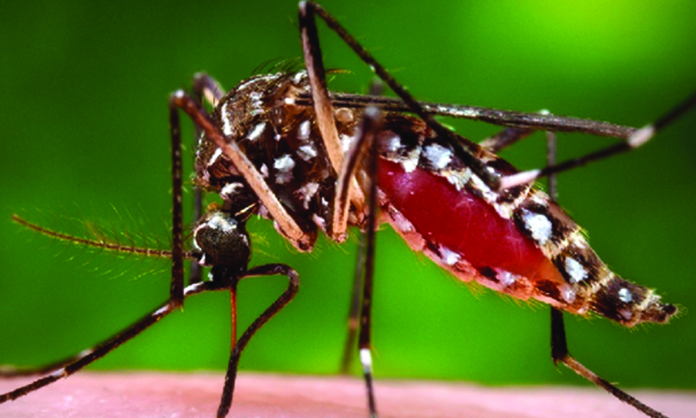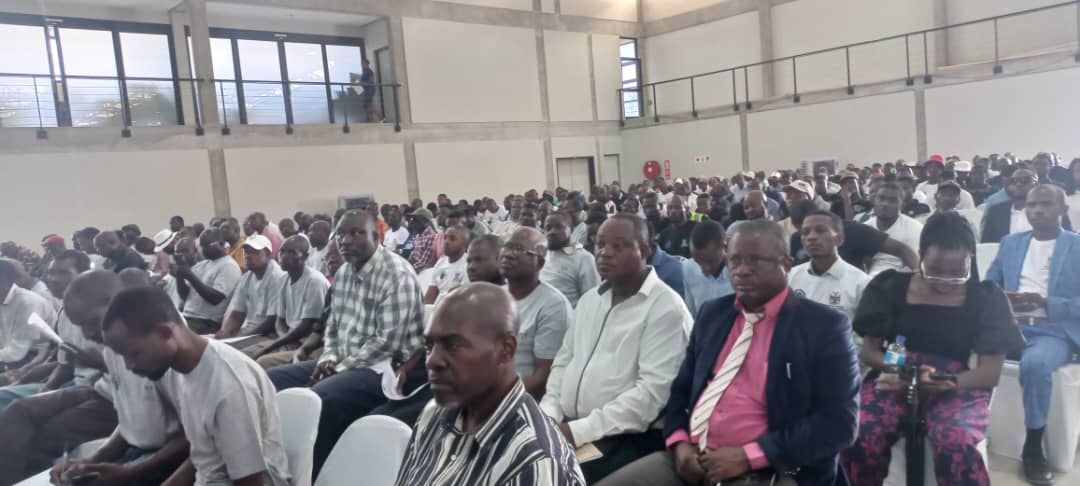Faith Leader Advocacy for Malaria Elimination (Flame) says the continuous high rate of malaria cases in the Zambezi region is concerning, as this is an indication that the region is far from getting malaria under control.
Zambezi region acting health director Yolanda Lisho says there is cause for concern in the Zambezi region, as about 6 855 cases, including six deaths, have been reported since last year.
The statistics reported involve all malaria-positive cases from the first week of 2023 until the last week of 2024.
Lisho says out of the 6 855 cases, about 335 were severe.
Although the entire Zambezi region is prone to malaria, the identified hotspots are mostly in the western parts, such as at Kaenda, Kasheshe, Sesheke, Choi, Sibbinda, Sachona, Masokotwani Chinichimane and Kanono, she says.
“The cases remain high, despite continued efforts – such as conducting active case searches, malaria surveillance, case management, vector control, net distribution, bionomic, and social behaviour communication change – to combat malaria,” she says.
Lisho calls on community members to support local vector control programmes, such as indoor residual spraying (IRS) and larval control to help reduce the mosquito population and prevent the transmission of malaria.
She says the health directorate has trained 109 spray operators for the region, and 24 more last week. “The teams were deployed to their respective posts on 14 January and will start with IRS today. Some 107 282 targeted structures are to be sprayed,” she says.
Lisho appeals to residents to stop resisting IRS and allow spray operators to enter their homes. In light of these statistics, the regional chairperson of Flame, Benjamin Limbo, yesterday said the high number of malaria cases reported annually in the region is disturbing and life-threatening.
“Information we have gathered so far has revealed that the Zambezi region currently ranks number one in the country with regards to malaria cases and deaths.
“I don’t know where we are missing it in terms of responding to the disease.
“We need very honest research on where we are going wrong in our response. Cases can’t keep going up every year, while mechanisms of control are in place,” he said.
Limbo said going forward the Ministry of Health and Social Services should prioritise a social behaviour communication change programme, since most malaria cases are the result of community behaviour towards mosquitoes.
“The community should be made aware of where we stand in terms of malaria and the danger of our position to our livelihood and also our regional economy.
“Our people, especially those living in the most affected areas, should be made part of the response programme and part of the solution.
“People should be taught more about the preventative measures at their disposal, apart from IRS.
“Political leadership should help in terms of policy and budgetary allocation towards the fight against malaria,” he said.
Stay informed with The Namibian – your source for credible journalism. Get in-depth reporting and opinions for
only N$85 a month. Invest in journalism, invest in democracy –
Subscribe Now!






